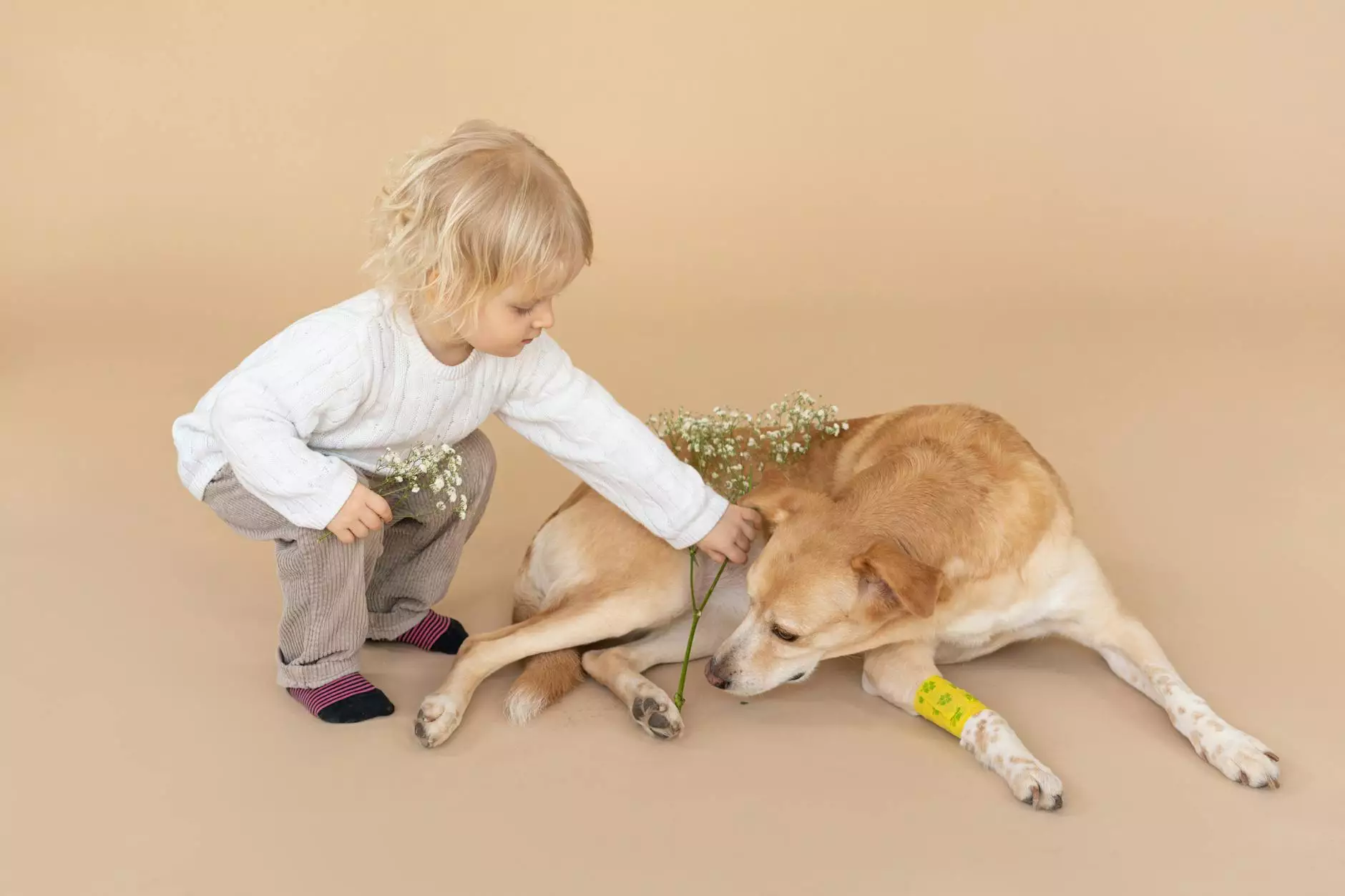Rehoming an Old Dog
Compassion Fatigue
Introduction
Welcome to HGRBS, your trusted resource for all things related to home and garden. In this guide, we will provide you with valuable insights on rehoming an old dog. We understand that finding the right home for your senior canine companion is crucial for their well-being and happiness. Let's explore the process together!
Why Rehoming an Old Dog?
Rehoming an old dog can be a difficult decision, but sometimes circumstances may make it necessary. Here are some reasons why you might consider rehoming your senior dog:
- Change in living arrangements
- Allergies or health issues
- Inability to provide proper care
- The loss of a loved one
- Financial constraints
- Behavioral challenges
The Rehoming Process
When rehoming an old dog, it is important to approach the process with careful thought and consideration. Here is a step-by-step guide to help you find the perfect home for your beloved senior canine:
1. Assess Your Dog's Needs
Begin by assessing your dog's individual needs and preferences. Consider their age, health conditions, activity level, and temperament. This information will help you determine the type of home environment that would be most suitable for your old dog.
2. Prepare Your Dog for Rehoming
Before placing your old dog in a new home, it's essential to ensure they are in good physical and emotional health. Schedule a visit to the veterinarian for a thorough check-up. Address any medical issues and update vaccinations, if necessary. Additionally, take time to provide your dog with extra love and attention to ease the transition process.
3. Seek Assistance from Reputable Organizations
Reach out to local animal shelters, rescue groups, and reputable rehoming organizations. These organizations can provide guidance, support, and potential adoptive homes for your old dog. They often have resources to conduct thorough background checks to ensure the new owners will provide a safe and nurturing environment.
4. Advertise Responsibly
If you decide to find a new home for your old dog independently, use responsible advertising methods. Utilize online platforms dedicated to pet adoptions and provide detailed information about your dog's personality, medical history, and any specific requirements they may have. Be transparent and honest to attract the right potential owners.
5. Conduct Interviews and Home Visits
When potential adopters express interest, conduct interviews to learn more about their lifestyle, experiences with dogs, and their expectations. If you feel comfortable, arrange home visits to observe their living conditions and ensure they have the necessary resources to care for an old dog.
6. Consider a Trial Period
Before finalizing the adoption, consider implementing a trial period where your old dog can stay with the potential adopters temporarily. This period allows you to assess compatibility and make adjustments if necessary. Gradually transitioning your dog into their new environment reduces stress and increases the chances of a successful rehoming process.
7. Maintain Communication
Even after successfully rehoming your old dog, it's crucial to maintain open lines of communication with the new owners. Establishing a relationship allows you to offer support, advice, and address any potential issues that may arise.
Conclusion
Rehoming an old dog can be an emotional journey, but with proper planning and responsible actions, you can ensure a positive outcome for both your beloved senior canine and their new family. Remember, the well-being of your old dog should always be the top priority. HGRBS is here to assist you throughout the rehoming process, offering guidance and support every step of the way. Good luck finding the perfect home for your old dog!










